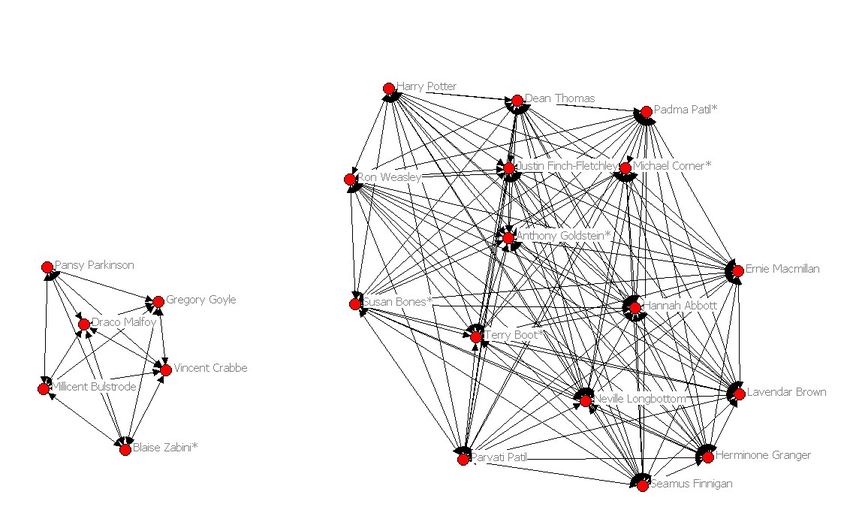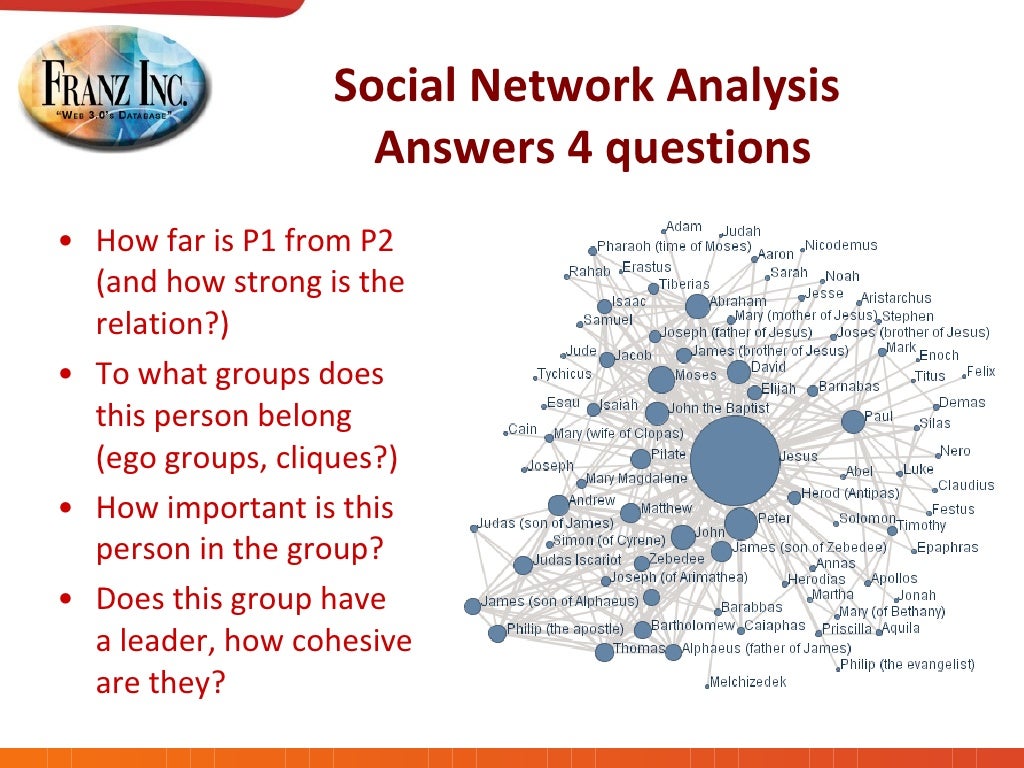
This course provides a hands-on overview of exploratory network analysis techniques and existing theoretical underpinnings in political and social sciences. Network analysis is the appropriate methodology for mapping and measuring relationships among interdependent actors, uncovering principles of interaction and their implications for behavior, status, and opportunities for action. These systems of interaction can be represented as networks, where actors (nodes) can be individuals, groups, organizations, countries, events, and the interactions can be friendships, collaborations, alliances, trade exchanges, communications, etc. In social and political research, we often encounter situations where the assumption of independent, autonomous action does not hold, and we have the intuition that our subjects of analysis are somehow dependent of each other. To clarify, exploratory network analysis is suitable for participants doing qualitative, quantitative, as well as mixed-methods research, at any stage of their research process. No previous or specific knowledge of network analysis is required to attend.
#Network analysis definition sociology full#
2022.Please see Timetable for full details. “social network.” Open Education Sociology Dictionary.

MLA – Modern Language Association (7th edition) “social network.” In Open Education Sociology Dictionary.
#Network analysis definition sociology manual#
Retrieved from Ĭhicago/Turabian: Author-Date – Chicago Manual of Style (16th edition)īell, Kenton, ed. Bell (Ed.), Open education sociology dictionary. Retrieved Aug( ).ĪPA – American Psychological Association (6th edition) Cite the Definition of Social NetworkĪSA – American Sociological Association (5th edition)īell, Kenton, ed. The Sociology Book: Big Ideas Simply Explained. Thorpe, Christopher, Chris Yuill, Mitchell Hobbs, Sarah Tomley, and Marcus Weeks. Society in Focus: An Introduction to Sociology. The Real World: An Introduction to Sociology. Belmont, CA: Wadsworth.įerris, Kerry, and Jill Stein. Belmont, CA: Wadsworth.Įncyclopædia Britannica. Thousand Oaks, CA: SAGE.īrym, Robert J., and John Lie. Belmont, CA: Wadsworth.īruce, Steve, and Steven Yearley. Harlow, England: Pearson.īrinkerhoff, David, Lynn White, Suzanne Ortega, and Rose Weitz. Belmont, CA: Wadsworth.īranscombe, Nyla R., and Robert A. Works ConsultedĪndersen, Margaret L., and Howard Francis Taylor. Word origin of “social” and “network” – Online Etymology Dictionary:.These include enhanced childhood standards of living, differential access to cultural capital, differential access to social networks of power and influence, infusions of parental capital while parents are still alive, greater health and life expectancy, and the inheritance of bulk estates when parents die” (McNamee and Miller 2013:71). “roadly defined as one’s initial starting point in life based on parental position, includes a set of cumulative nonmerit advantage for all except the poorest of the poor.Individual and family social connections mediate access to educational, occupational, and economic opportunity” (McNamee and Miller 2013:77). Social capital focuses attention on differential access to opportunities though social connections.

“All individuals are embedded in networks of social relations that is, everybody knows somebody.Social networks are not groups in the sociological sense as they are formed in relation to an individual.Social network analysis examines the numerous aspects of social networks.British English – /sOH-shuhl nE-twuhrk/.



 0 kommentar(er)
0 kommentar(er)
